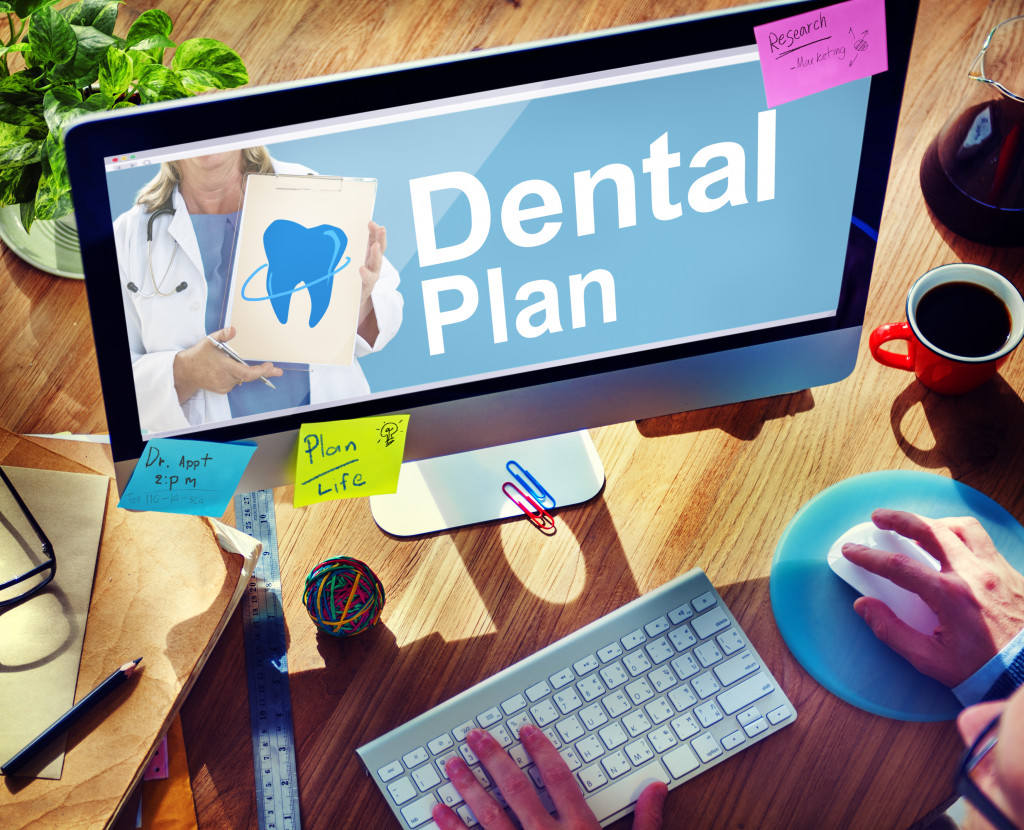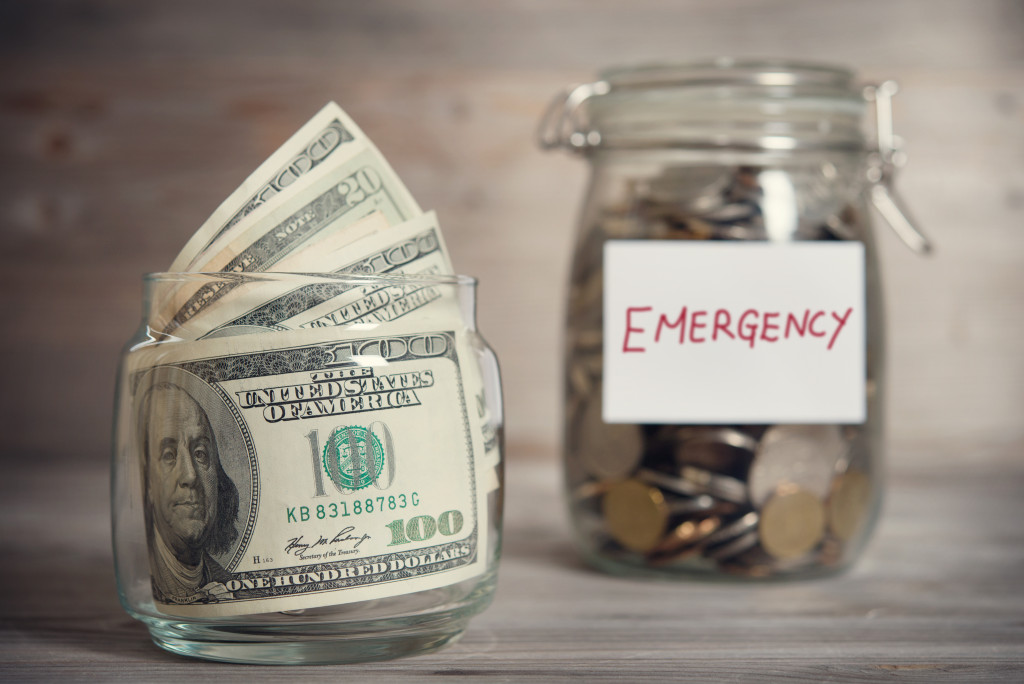- Creating a budget is essential for anyone looking to take control of their finances.
- Three types of expenses that must be considered when budgeting are daily, non-recurring, and unexpected expenses.
- Daily expenses include groceries, gas, utilities, and transport.
- Health expenses include medicines, dental check-ups, clinic/hospital bills, and insurance premiums.
- Non-recurring expenses include car maintenance, annual insurance premiums, quarterly taxes, and home repairs.
If you are looking to take control of your finances, the first step you need to take is creating a budget. A budget helps you be mindful of your spending and ensures you put money where it matters most.
However, for your budget to be adequate, you need to identify the various types of expenses that you will encounter. That is the focus of today’s blog post. Read on to learn more about the three types of costs you need to consider when budgeting.
Daily Expenses
These are the expenses you incur daily or almost every day of the week. They include things like groceries, gas, utilities, and transport. You need to account for these expenses in your budget because they are recurring. Look through your bank statements or receipts to determine how much you spend on these types of expenses every month. Once you have a number, you can create a budget reflecting what you need to allot for these costs.
Health Expenses
Health is wealth. And so you should also include medical expenses in your budget. This can take the form of insurance premiums or the cost of some medications you need to purchase regularly. There are various types of expenses you need to prepare for, such as:
Medicines
Medicines are a necessary expense for anyone who requires them. From the common cold to chronic diseases, medications are vital to managing our health. With rising healthcare costs, it is essential to budget for these expenses to prevent financial harm. One of the best ways to save on medicines is to opt for generic brands, which are cheaper than their branded counterparts.
Dental Check-ups

Preventive dental care is crucial to maintaining good oral health, and regular check-ups help to prevent and detect problems early on. Unfortunately, many people avoid visiting their dentist due to the financial burden it can cause. However, skipping these check-ups can lead to more expensive procedures in the future.
To ensure that you properly budget your dental care costs, book an appointment with your local dental clinic and try to stick with them for future visits. Ask about any discounts they may offer and look into dental savings plans to help reduce these expenses.
Clinic/Hospital Bills
Whether it’s a routine check-up or an emergency, clinic, or hospital bills can considerably burden your finances. In addition to seeking payment plans or financing options, one of the best ways to save on these expenses is to manage your health proactively. Preventative measures like healthy eating, exercise, and regular check-ups can help to prevent common illnesses and keep medical costs to a minimum.
Insurance Premiums
Medical insurance is critical to protecting yourself from unexpected health expenses, but premiums can often be expensive. To budget for insurance premiums, consider different policy options and compare rates from other providers. You can also consider opting for a higher deductible, as this can significantly reduce your premiums.
Non-recurring Expenses
Non-recurring expenses are those that you only need to pay once in a while. Some of the most common non-recurring expenses are car maintenance, annual insurance premiums, quarterly taxes, and home repairs. Since these expenses are not monthly, they can be challenging to budget for, but they are still important.
One way to deal with non-recurring expenses is to put money in a separate savings account or category designated explicitly for these costs. This way, when the time comes, you have the money to pay for these expenses without stressing.
Unexpected Expenses

Unfortunately, life can be unpredictable, and expenses can come up out of nowhere. These are unexpected expenses and might include emergency hospital bills, car breakdowns, or home repairs due to an accident.
It is best to set aside money in an emergency fund to budget for unexpected expenses. It is recommended that you have about three to six months of expenses saved up in case of job loss or an emergency.
Entertainment Expenses
While this is not a common type of expense that is usually budgeted for, it is essential to consider how much money you spend on entertainment. Whether it is dining out, cable television, movies, concerts, or other hobbies, these expenses can add up quickly if you’re not careful.
Final Thoughts
Creating a budget is an essential step for anyone who wants to take control of their finances. To do this effectively, you must identify the various types of expenses you will encounter. Remember that your budget should account for daily, non-recurring, and unexpected expenses. By staying mindful of these expenses, you can create a budget that works for you, ensures your money is going where it matters most, and sets you up for long-term financial success.
